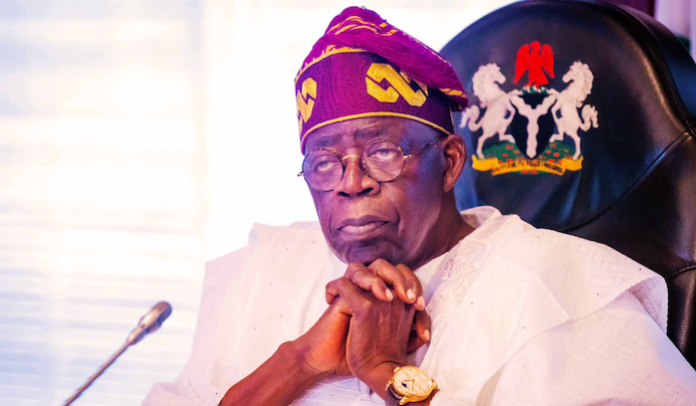Going by the high cost of living, the Comptroller-General of the Nigeria Customs Service, Mr Adewale Adeniyi has disclosed that only President Bola Tinubu would decide on reopening of the borders in the country.
Adeniyi stated this during an interaction session with members of the Kongolam border community in Mai’adua Local Government Area of Katsina State.
The Comptroller-General who was reacting to agitations for the reopening of the borders, assured that engagements and consultations were being held regarding the issue.
“Once consultations are concluded, a decision will be taken on the matter,” he said.
He assured that the Service would focus on removing obstacles militating against free trade in line with the present administration’s agenda of fostering economic prosperity.
The CG maintained that proactive measures had been employed to reduce the number of checkpoints along the border posts and promote synergy between the Service personnel and traders.
“We are conscious of the concerns of the border communities, particularly with regard to the number of checkpoints and the closure of land borders.
“I assure you that our operations are always guided by law, and we only operate on delegated powers.
“We have communicated the concerns and complaints by residents of the border communities to the President and because he has listening ears he directed that we should release confiscated food items, on the condition that they will only be sold in the Nigerian markets,” he said.
Adeniyi, who also visited former President Muhammad Buhari and the Emir of Daura, Alhaji Umar Faruq-Umar, disclosed that the Service is collaborating with the Police and other sister agencies to address obstacles militating against free trade in the border areas.
“We know that there are markets around our borders, and we know that not all of them are targeted at taking goods across the borders.
“We will continue to monitor and ensure that food produced in Nigeria remains and is consumed in Nigeria. This is because we are in a period of national emergency that has to do with food insufficiency.
“And that is why we must collectively work together to assist the government to enforce the various laws prohibiting exportation of food items at this time,” he said.
























